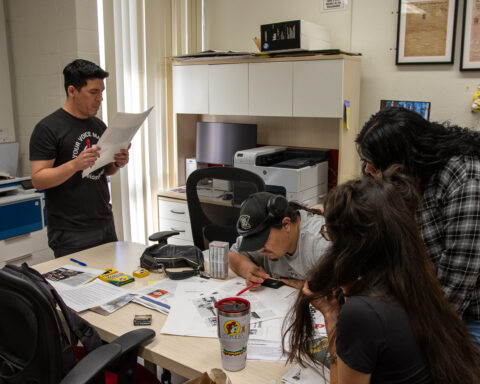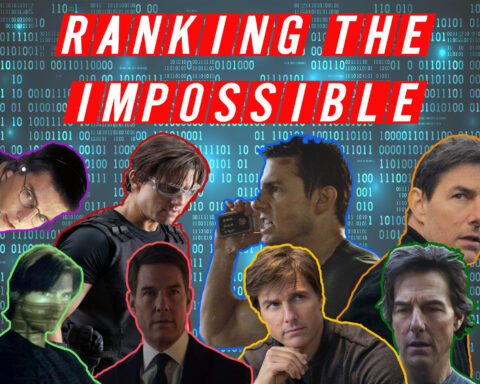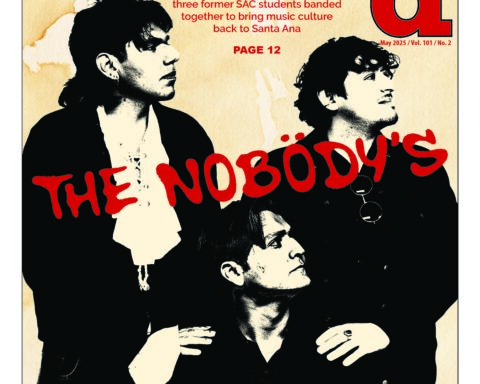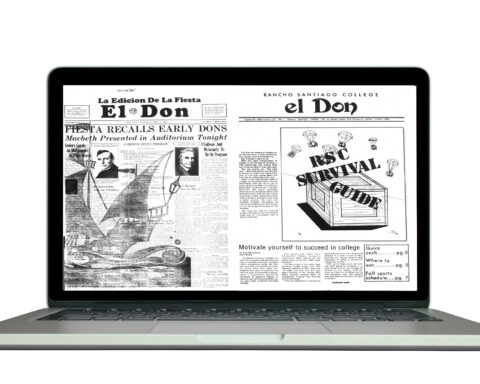
By Meghan Kliewer
Social media interaction can damage the way you perceive yourself.
Young adults use social media the most of any age group, Pew Research Center found. We, as college students, are the ones most exposed to its negative effects.
When using social media, we are constantly interacting with each other by viewing, liking, commenting or re-posting what we see.
With easy access to what people post, users often compare themselves to others on social networking sites and apps.
We find ourselves comparing things like attractiveness, intelligence and happiness. Our perception of how others view us begins to take over.
Profile pictures, mini biographies and comments come from a place of awareness when we put ourselves online, according to a 2006 study about self-presentation.
Online users seek social validation in the form of “likes,” whether on Instagram, Facebook, Twitter and other similar platforms.
Seeing who liked their most recent selfie, who retweeted them or who viewed their story gives people a boost of confidence with every phone notification.
A craving for admiration and a narcissistic attitude follow when worrying about how we appear online, according to a 2014 study about the adverse effects of online social networking.
People tend to depend on social media to feel content with themselves, when all it does is fuel low self-esteem.
When friends who have more followers on social media get more likes, it can take a toll on how attractive or likeable we find ourselves.
If you aren’t getting as many likes as a friend or other acquaintance and it happens often, maybe because you don’t have as many followers, it can affect your self-esteem. People may see themselves as less attractive or likeable and develop a negative self-perception.
Comparisons can also be harmful when people perceive their friends as being more sociable because they post pictures with other people online, while we’re at home and not out and about like them.
We make such judgments without considering the different circumstances in each person’s life.
“We’re comparing our behind the scenes to everyone else’s highlight reel,” said Steven Furtick, a public figure on Twitter.
- Here’s what’s inside el Don’s 2025 spring issue - May 28, 2025
- Ash’s Opinions – Column – ACP Entry - May 22, 2025
- Nico’s Film Notes – 1G Column – ACP Entry - May 22, 2025















